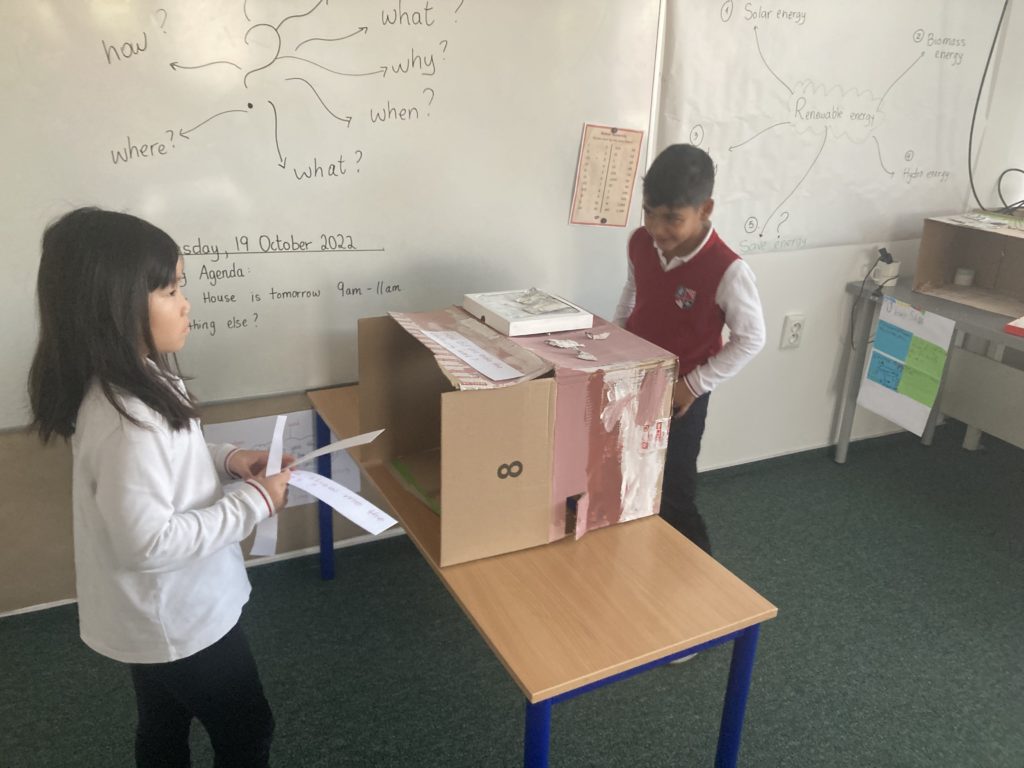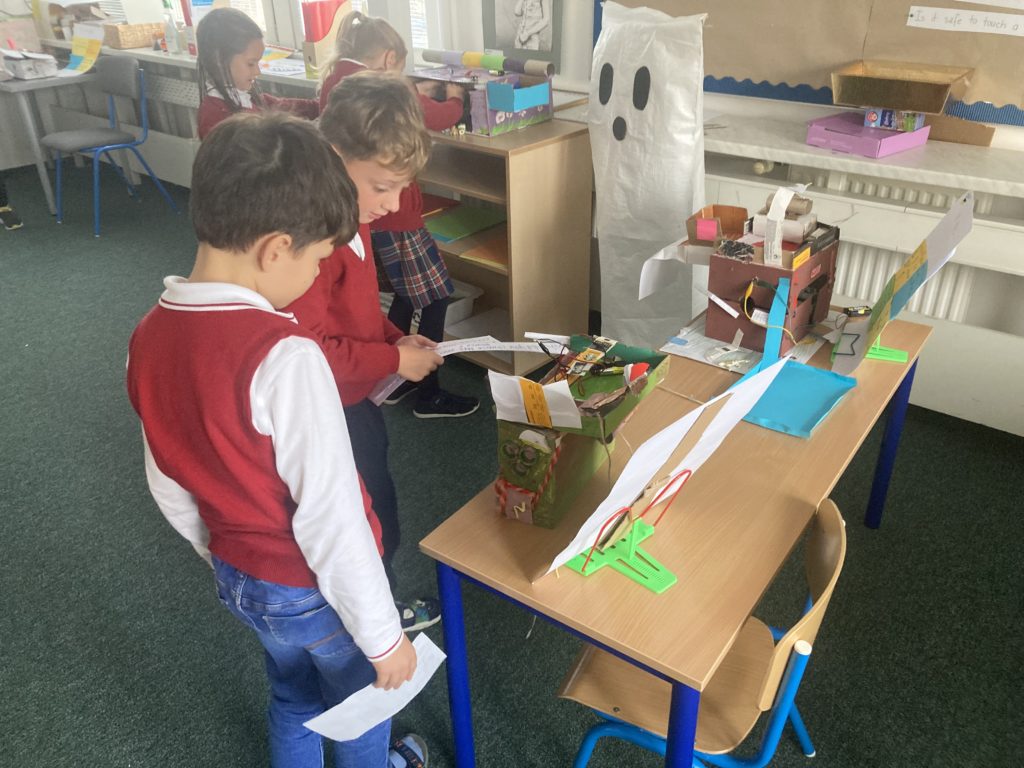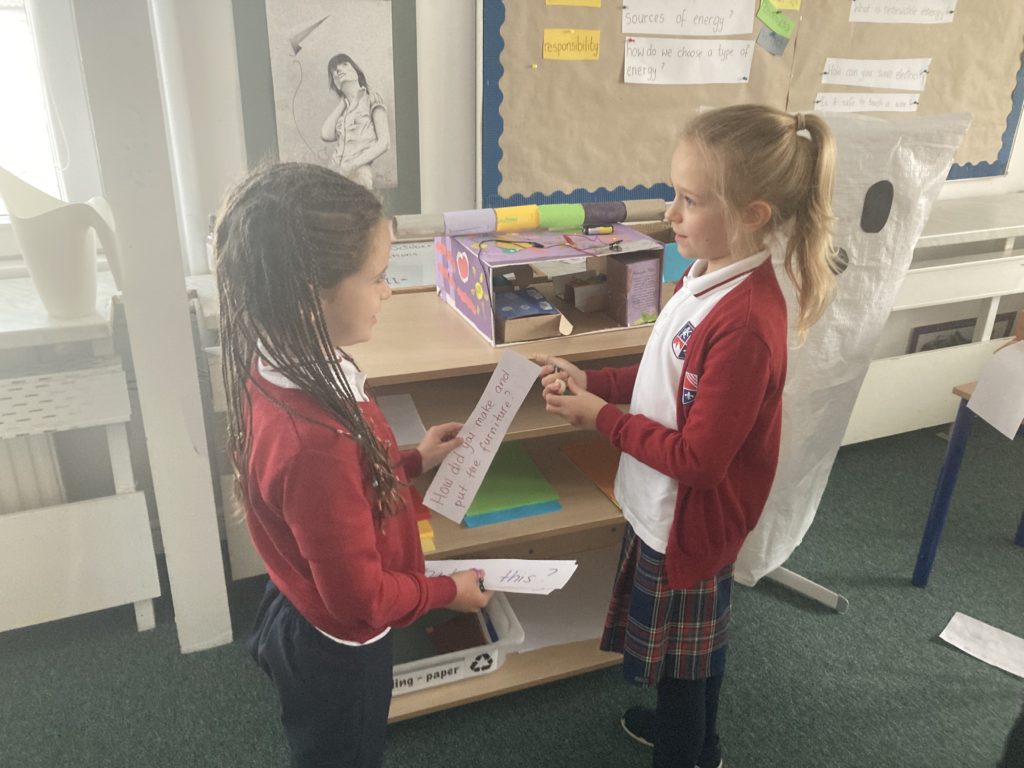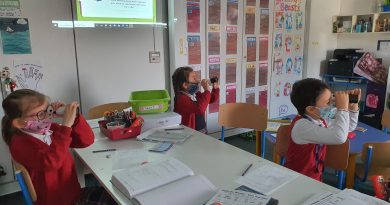Purposeful Practice
Surely you have heard the phrase “practice makes perfect”, and surely you can agree that that is not always the case. Just any type of practice will not always lead to you getting better at something. (Or I should definitely be running faster by now!) With just any practice you may indeed attain a certain level at something, even perhaps be considered “good” at something. You may arrive at your accepted level of performance and then hit a plateau. Purposeful practice aims to push beyond this plateau and unlock your potential.
In the classroom, I have taken it onto myself to provide purposeful practice for students during their class time. However, just telling students that they will practice mathematics to improve at mathematics is not providing a purpose to a young child. Activities need to be related to helping solve their real life problems, they should have specific goals, demand total focus and involve feedback. Most importantly, these activities should push you beyond your comfort zone.



Today, our purposeful practice involved students preparing questions and practicing their answers for the Open House.
Real life problem? My parents will come see my project and I would like to make a good impression by being well prepared.
Specific goal? I should be able to answer the following questions… (questions were prepared by students themselves).
Total focus? At this age it can be because an activity is “fun”. Students took turns pretending to be each others mom or dad and questioned their pretend child with the practice questions. (Also, I had to ask students to stop this activity after more than 45min of practice because it was time for lunch – this helped demonstrate that focus was indeed achieved).
Feedback? Students had a third party member watching the interaction and either helping to answer the questions or steer the parent-child pretend scenario in the correct direction.
Out of comfort zone? For many of our English learners, it was the first time they managed to have a longer conversation with someone in English. For our English speakers, they were placed “on the spot” because they were being watched by a third party providing comments about their answers/interaction. I was also out of my comfort zone, as this was the first time I had fully left students to mentor each other before an Open House. (fingers crossed!!)





